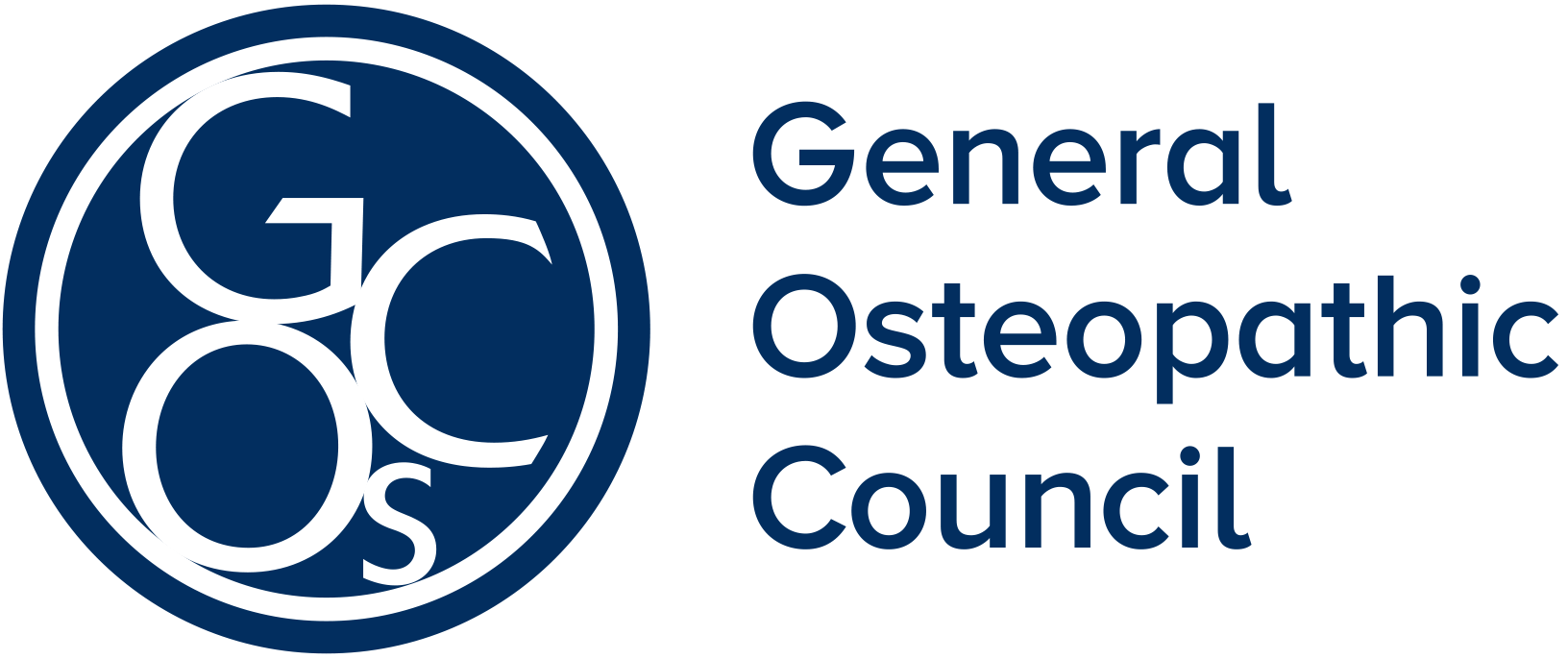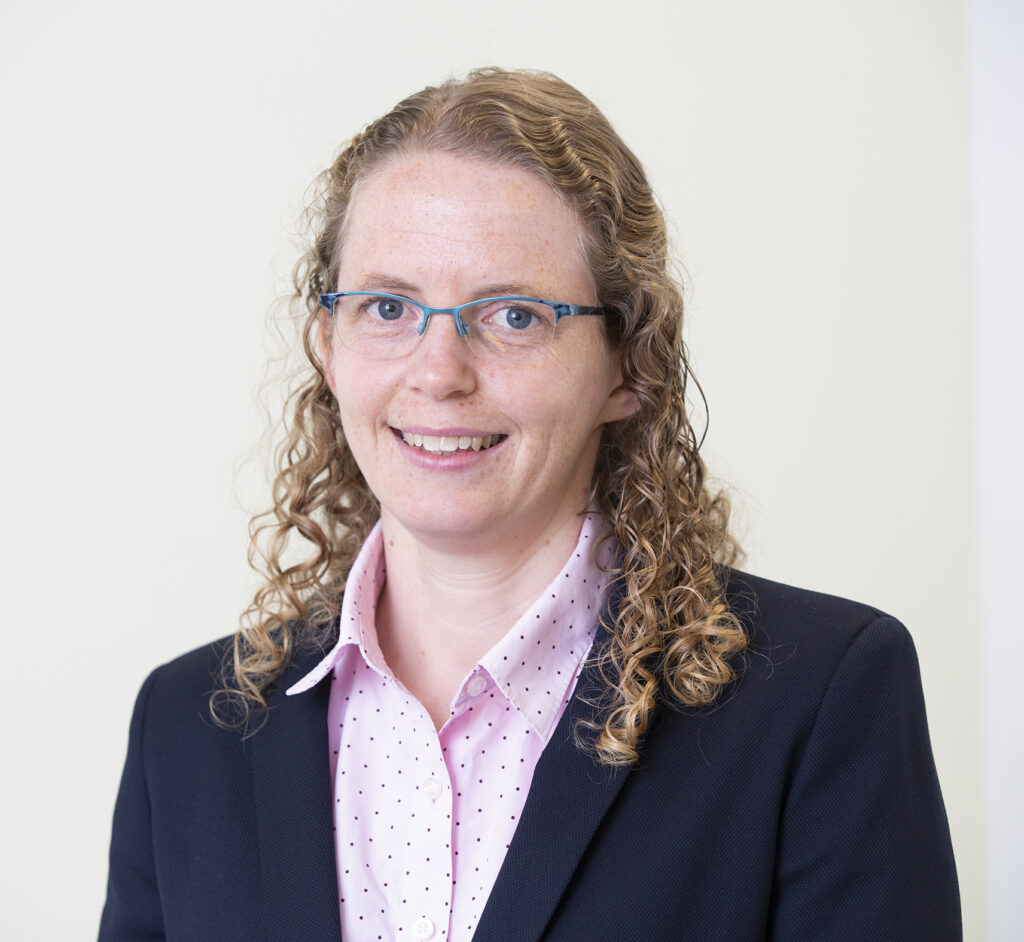Keeping CPD Records
Osteopathic Practice Standards
Peer Discussion Review
Are you a reflective osteopath?
Deborah Smith
Deborah Smith, an osteopath member of the GOsC Council, explains the benefits of reflection and looks at a number of different models of reflective practice including her personal favourite.
Across healthcare there has been a drive towards reflective practice. Why? Because it helps practitioners to grow and develop.
The GOsC’s three-year Continuing Professional Development (CPD) scheme emphasises the importance of reflection to get the most out of your CPD to continue to enhance patient care in accordance with the Osteopathic Practice Standards (OPS).
The General Medical Council also states that: ‘Reflection drives change in performance and is the key to effective CPD. Good medical practice requires you to reflect regularly on your standards of medical practice’.
What is reflection?
Reflecting is thinking about a case or some piece of CPD or a significant event (which could be a challenging, unexpected or unusual case), and considering how learning can be applied to your practice. There are several different reflective models. My favourite is the Driscoll model of reflection which is very quick and simple. It asks just three questions:
- What?
- So what?
- Now what?
Answering these three questions can help us to learn and make changes in our practice.
How do I reflect?
From my CPD portfolio to academic essays I find that reflective practice, besides being a requirement, helps me to gain the greatest benefits for my practice.
Recently I’ve been putting together a portfolio of evidence for registering as a ‘First Contact Practitioner’ (FCP), part of the expansion of healthcare professionals in GP surgeries that is seeing musculoskeletal (MSK) clinicians assess, diagnose and recommend appropriate investigations, treatment or referral for MSK problems as a first contact.
A large part of the FCP portfolio has involved documenting some reflective cases and keeping a reflective journal. The process has been made much easier for me by using the Driscoll model to draw out the learning from each case – I’ve been asking myself:
- What happened?
- Why did it matter?
- And what difference will it make? – Am I going to do further learning, how will it change my practice?
Christopher Johns (Professor of Nursing, University of Bedfordshire) also has a model for reflection (Johns Model for Structured Reflection (MSR)) and he said: ‘Reflective practice is the antidote to complacency, habit and blindness’.
It doesn’t need to be time consuming
The great thing is, reflection doesn’t need to take a long time, it’s just a way of spending a few moments thinking and applying learning in an effort to gain as much learning and development as possible from all the courses we attend and the clinical scenarios we experience. The aim is to maximise the professional development you gain from your investment of time and money into your CPD.
You might find it helpful to have a look at the various models of reflection – Gibbs, Johns, Rolfes, Swot and Driscoll – and see which one suits you and the situation you are reflecting upon. (I’ve included a link below.)
You can reflect on all sorts of things and use them as CPD – a journal article you’ve read, networking meetings, clinical audits, feedback you’ve received, clinical cases, and any significant events you have experienced.
Hopefully you will discover that the benefits of being a reflective practitioner are huge. The first step might be to make it a habit to add your reflections as you make your entries in your CPD records. You will notice there is a reminder on the CPD Diary to include your reflections when you upload your activity summaries (if you choose to make use of the online CPD Diary).
Useful resources
You can find an overview of several of the reflective models I’ve mentioned in Models of Reflection, published on the reflective writing tips website and created by Graham Jones, a UK university lecturer.
The GOsC also provides a range of resources to support reflection including:
- a CPD reflection template
- a Keeping CPD Workbook, which contains advice about how to record and reflect on CPD with a range of completed examples
- other workbooks in the series including the Case-based discussion workbook all of which support reflection in each of the elements of the CPD scheme.
About the author
Deborah Smith
Deborah is an osteopath member of the GOsC Council and a member of the Audit Committee. Read more about Deborah

